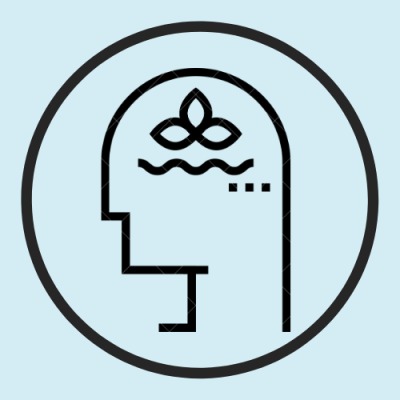
I’ve kept a daily journal for almost twenty years. It’s served many different purposes throughout the years, but has always offered me many benefits and has become a regular part of my daily ritual. In The Artist’s Way, Julia Cameron suggests to her readers to begin each morning by writing three pages of stream-of-consciousness writing in longhand form. The topic of these ‘Morning Pages’ is not predetermined, nor are there any explicit goals or objectives for the content of the entries themselves. Rather, Cameron saw these three longhand pages as a vital way to clear the air for creative thinking, and bring focus back to the creative process.
Your entries might be completely and utterly mundane, but new insights and observations can emerge from this daily stream-of-consciousness writing more often than one imagines. Cameron also reasserts the importance of writing the Morning Pages out longhand, in order to stabilise the rate of thinking and the rate of writing, and to highlight the important physical connection between thinking and writing.
By setting aside time each day to write about and reflect on your current projects, you will immediately be bringing a new level of focus to your work that might not be achieved otherwise. Many creative professionals find it helpful to begin each day by writing an entry in their research journal. They might review what they wrote about their reading yesterday, and use their daily entry as a jumping off point, or a ‘to-do’ list for the day ahead. There is also certainly a meditative aspect to this type of reflective writing, which can help to give you the motivation and focus to tackle the next step of your writing.
Morning pages also allow you to record and analyse your own behaviours and habits as a creative. Do your entries suggest to you that you tend to do your best work in the morning? If so, then by all means examine your daily schedule and see how you can best accommodate this. Your research journal can serve to capture some subtle but very important insights about your own unique approach to the research process.
You can learn a lot about yourself and gain a lot of insight into your life. There’s something magical about writing that thinking alone just doesn’t have.
Use these tips to take advantage of journaling to gain insight into your mind and your life:
- Review your day. Take a look at your day and make some notes. What is getting you down? What are the situations, people, habits, and beliefs that are causing you the most grief? Why do these things bother you? What can you do about it? What are these two things and what was so great or terrible about them?
- List progress toward your goals. Writing down your goals each day is a powerful way to stay focused on them. Write your 10 most important goals each day and notice how they evolve over time.Think about your goals and list the progress you made toward each. If you failed to do anything to make progress toward one or more of your goals, note that, too.
- Address your fears. Write about your fears. What are you afraid of? Why do you think you’re afraid of those things? How do your fears impact your life? What is your plan to address those fears? What’s standing in your way? List the obstacles in your life that you believe are blocking you from happiness or achieving your goals.
- List five things that make you feel grateful. What are you grateful for? Make a list of several items each day and notice how your perspective on life changes.
- Make a plan for the future. Aside from your specific goals, what does your dream life look like? How are you planning on getting there? Think about it and sketch out a plan.
- Write about what is causing you to feel negative emotions. What is getting you down? What are the situations, people, habits, and beliefs that are causing you the most grief? Why do these things bother you? What can you do about it?
Journaling each day can take some time, but it’s time that’s well spent. Develop a routine that incorporates journaling into your life. It won’t be long before you begin noticing the benefits. Do what the most successful people in the world do and write about your thoughts and your life.
Download your free 21-day course in The Path of Mindfulness. In this life-changing 21-day mindfulness journey, Dr Allan Kilner-Johnson guides you through a series of self-guided mindfulness exercises and shows you how and when to bring mindfulness into your daily life.
Discover more from Allan Johnson, PhD
Subscribe to get the latest posts sent to your email.

2 thoughts on “Journaling to Support Creativity”